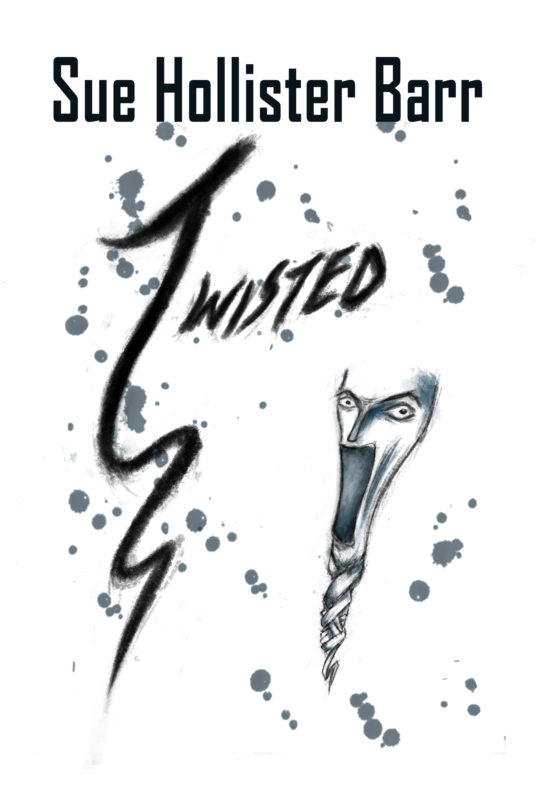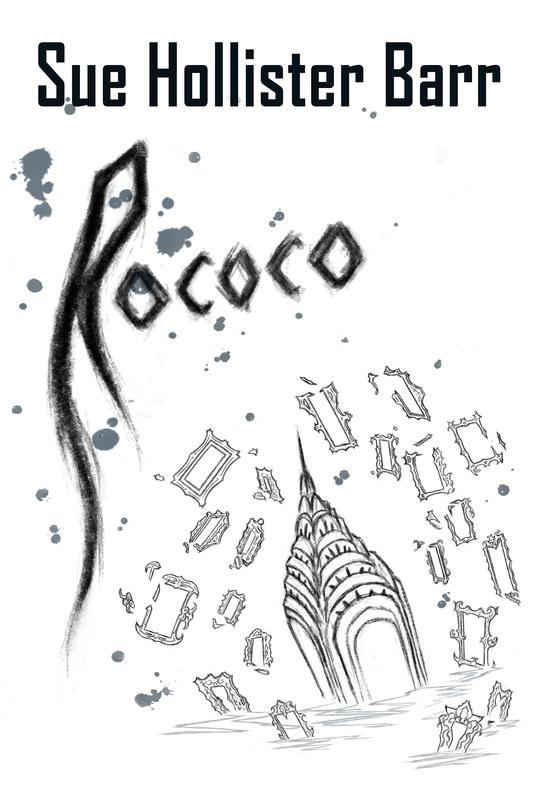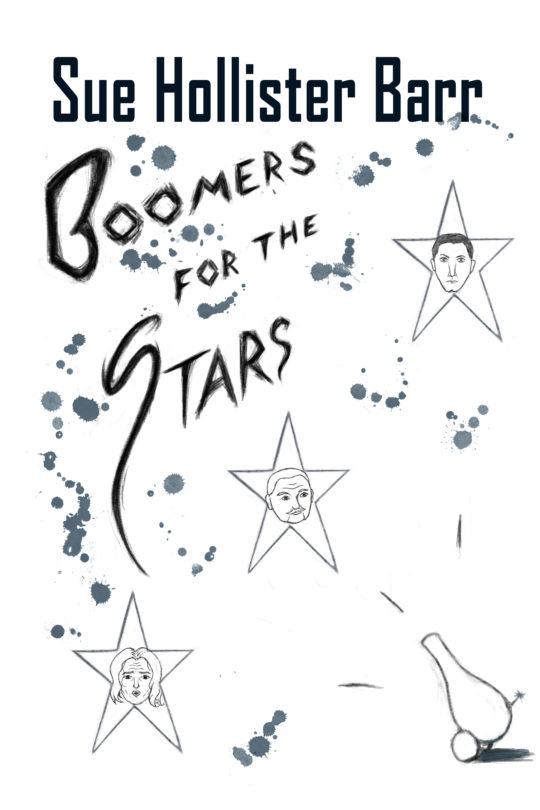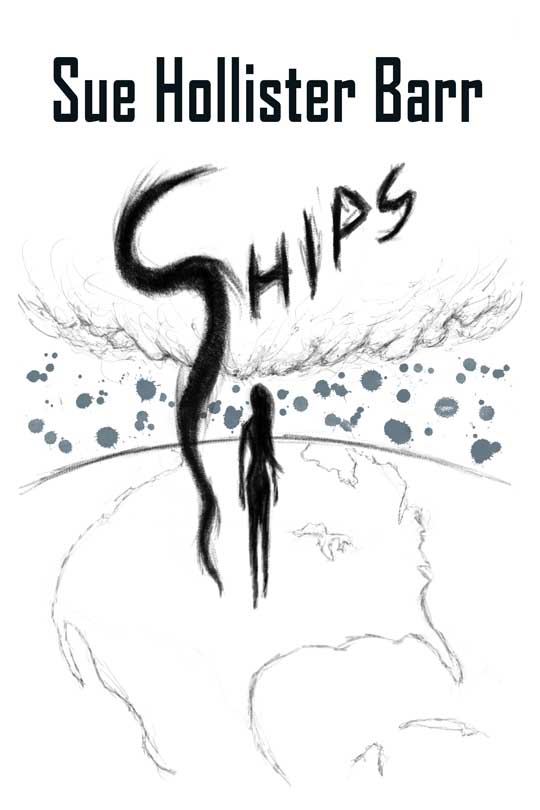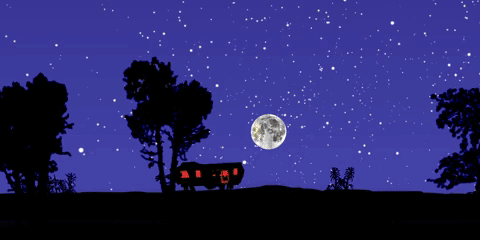Carol Kirkpatrick, possibly the brightest writer I ever met in a writing group (proof positive being her ability to scribble out a pithy, brilliantly crafted story on the spot) had the additional charm of treating me to an oral history of Brooklyn whenever we walked its streets together. Combining warmth, depth, humor, and subtlety well into her 90s, she will always represent perfectly what I’d like to be when I grow up. My hope is to charm you with this sample of her writing:
Loca Americana
Crazy American. That is indeed what I was in the summer of 1951. Not yet 20 years old, hopelessly in love with a man twice my age, trying desparately to pursue and capture him while keeping the chase concealed from both our families.
In the end I actually would prevail, but it took nine long years and many adventures.
The first involved my first solo trip out of the country…
